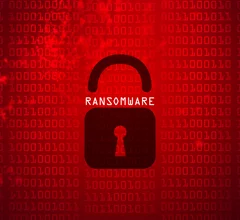Cybersecurity
The digital security of healthcare institutions and data is a growing concern, with an increasing number of cyberattacks each year against healthcare systems, which are seen as easy targets. Cyber attacks often use ransomware to target personal health information, patient data and medical devices to cut off access to the data until a ransom is payed to the hacker. Cybercriminals have become more sophisticated, using malware, ransomware and spyware to attack outdated and vulnerable systems and software. Due to the interconnected nature of hospital IT systems today, the weakest link can be older web-enabled medical devices, including clinical and non-clinical systems. Employees are also a major target of attacks via malicious e-mails that prompt them to open attachments that then download malware onto the hospital's IT system.













